Pakistan’s KP government to hold grand peace jirga amid reports of new military operation
KP’s chief minister will convene a grand peace jirga in Khyber, stresses locals must decide their own future, not outsiders
Kamran Ali
Correspondent Nukta
Kamran Ali, a seasoned journalist from Khyber Pakhtunkhwa, Pakistan, has a decade of experience covering terrorism, human rights, politics, economy, climate change, culture, and sports. With an MS in Media Studies, he has worked across print, radio, TV, and digital media, producing investigative reports and co-hosting shows that highlight critical issues.
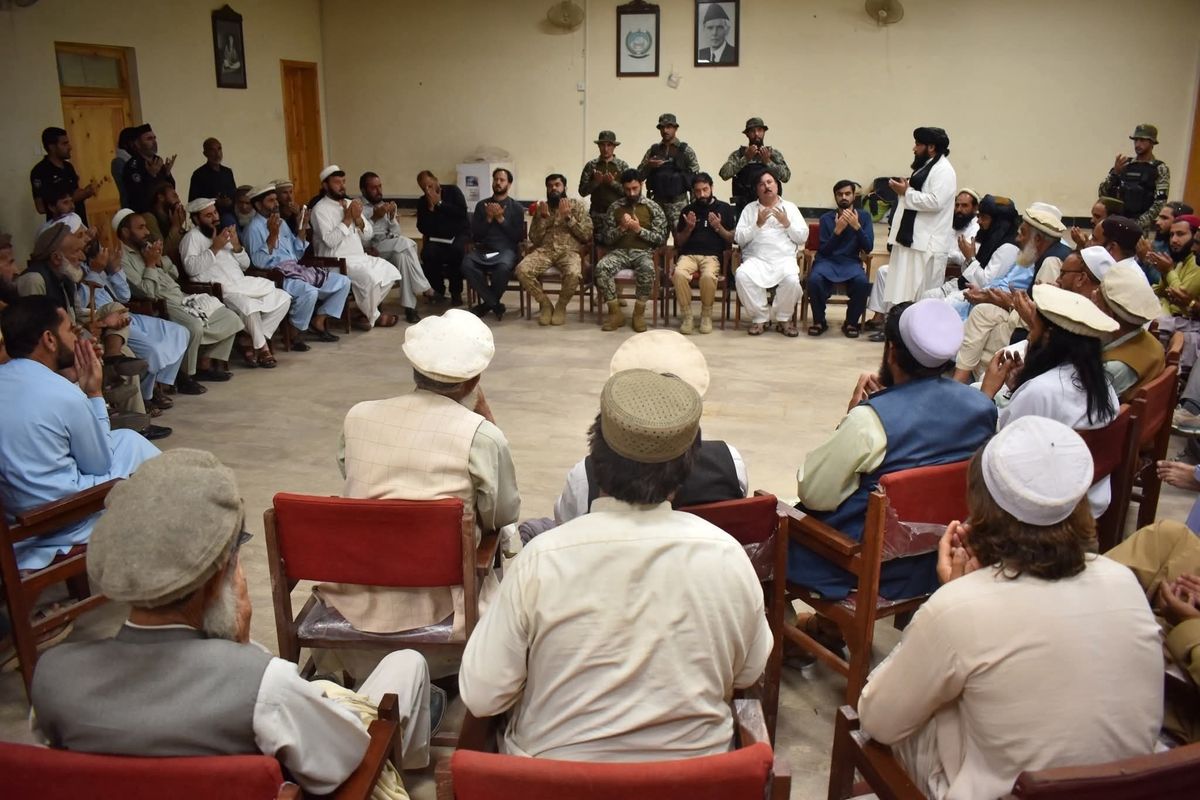
Reports have indicated the possibility of a new military offensive in the Tirah Valley.
District administration Tirah/File
The government of Pakistan’s Khyber Pakhtunkhwa province has convened a grand peace jirga to discuss regional security and stability amid reports of a potential military operation against militant groups in the Khyber district.
Chief Minister Sohail Afridi announced on X, formerly Twitter, that the jirga — bringing together tribal elders, community leaders, politicians, and youth from across political lines — will be held in Bara Tehsil of Khyber district on October 25.
Afridi said the people of Khyber Pakhtunkhwa would determine their own future, emphasizing that no one would be allowed to impose decisions made “behind closed doors” on the province’s citizens.
خیبر پختونخواہ کے عوام کی زندگی اور ان کے مستقبل کا فیصلہ صوبے کے لوگ خود کریں گے۔ کسی کو بھی بند کمروں کے فیصلوں کو عوام پر مسلط کرنے کی اجازت نہیں دی جائے گی۔ اس سلسلے میں قیام امن کے لیے بروز ہفتہ ۲۵ اکتوبر ۲۰۲۵ ضلع خیبرتحصیل باڑہ میں تمام سیاسی وابستگیوں سے بالاتر ہو کر…
— Sohail Afridi (@SohailAfridiISF) October 19, 2025
He reaffirmed the provincial government’s commitment to safeguarding the interests and aspirations of its people, saying the jirga aimed to strengthen unity and trust between the government and tribal communities.
Abdul Ghani Afridi, a lawmaker from Khyber, said the chief minister’s visit would mark his first official trip to the district from which he was elected — describing it as a “historic moment” for the region.
“Afridi will honor the resilience, sacrifices, and steadfastness of the tribal people,” he said. “He will extend special gratitude to tribal elders, youth, and community representatives for their courage and unity in countering false allegations and fabricated propaganda recently spread by certain federal ministers.”
Ghani added that October 25 would be remembered as a day of “renewal — a milestone of trust, development, and people’s empowerment” in Khyber.
Hashim Khan, president of the Bara Political Alliance, told Nukta that the jirga was a welcome step and that consulting local communities on such issues was essential.
He said the alliance had not yet received a formal invitation but “will definitely participate.”
“Our agenda is singular: we are starving for peace and oppose any military operation,” Khan said. He argued that past actions — “around 20 major military operations,” in his words — had failed to eliminate terrorism in the region.
New military offensive in Tirah?
Reports have indicated the possibility of a new military offensive in the Tirah Valley of Khyber, an area where security forces have long pointed to the presence of militant groups but have faced resistance from local communities.
Last month, residents of Tirah staged a three-day protest after at least 21 people were killed in an explosion in the valley. Locals accused the military of carrying out airstrikes, a claim the military denied, saying the blast occurred at a militant improvised explosive device facility. The statement said both militants and civilians — allegedly used as human shields — were among the dead.
The protest ended after the then-chief minister Ali Amin Gandapur assured demonstrators that justice would be served.
A similar episode occurred on July 27, when at least five people were killed and 16 others injured after security forces reportedly opened fire on protesters. The incident sparked widespread outrage, with residents initially refusing to bury the bodies and threatening to transport them to Peshawar in protest.
A jirga was convened later that day, and security forces partially accepted the protesters’ demands, easing tensions in the area.


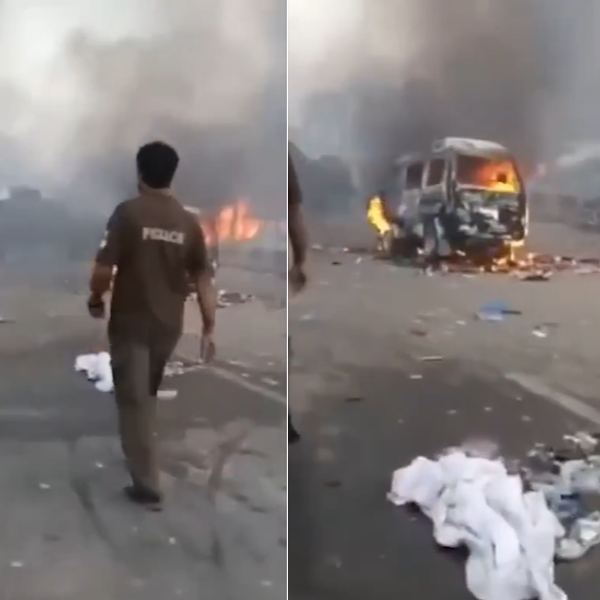
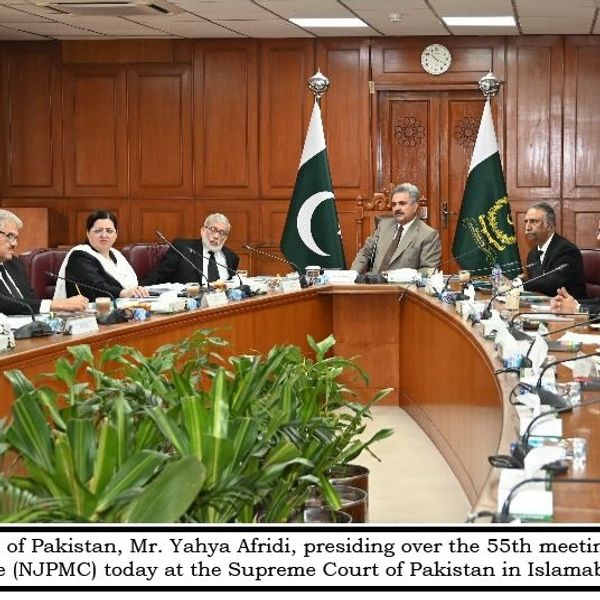
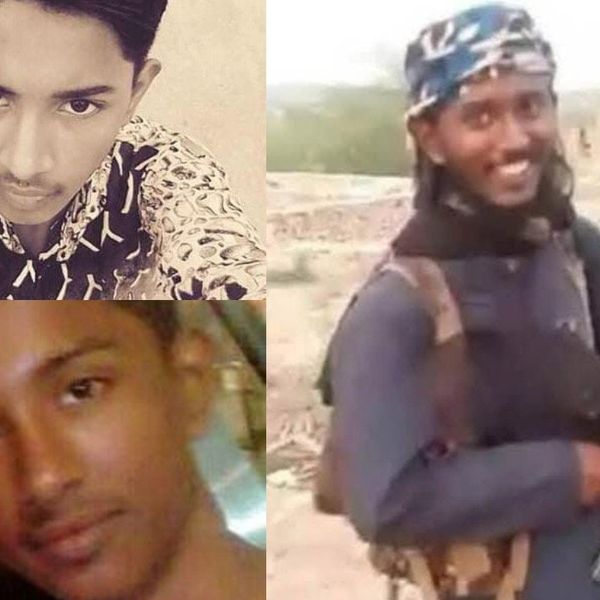

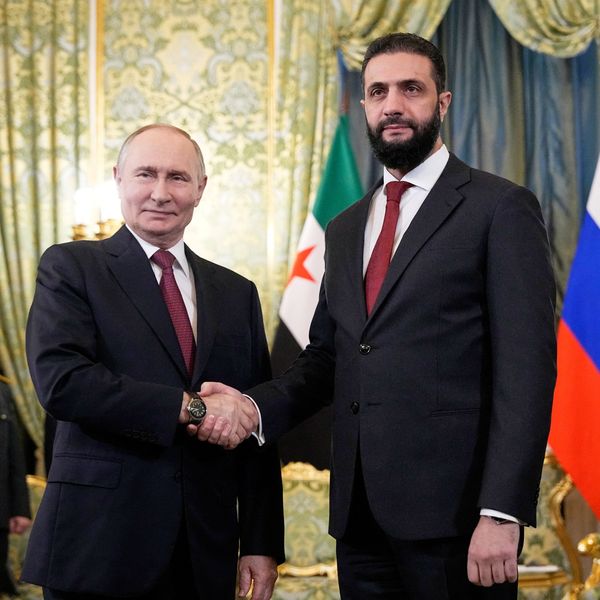
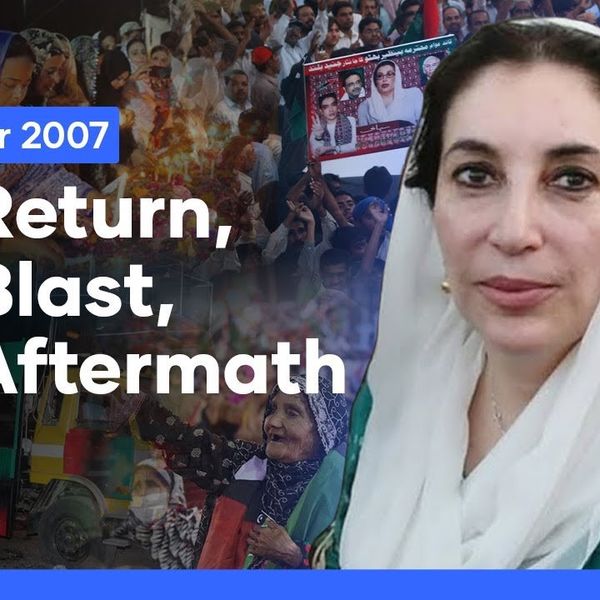


Comments
See what people are discussing